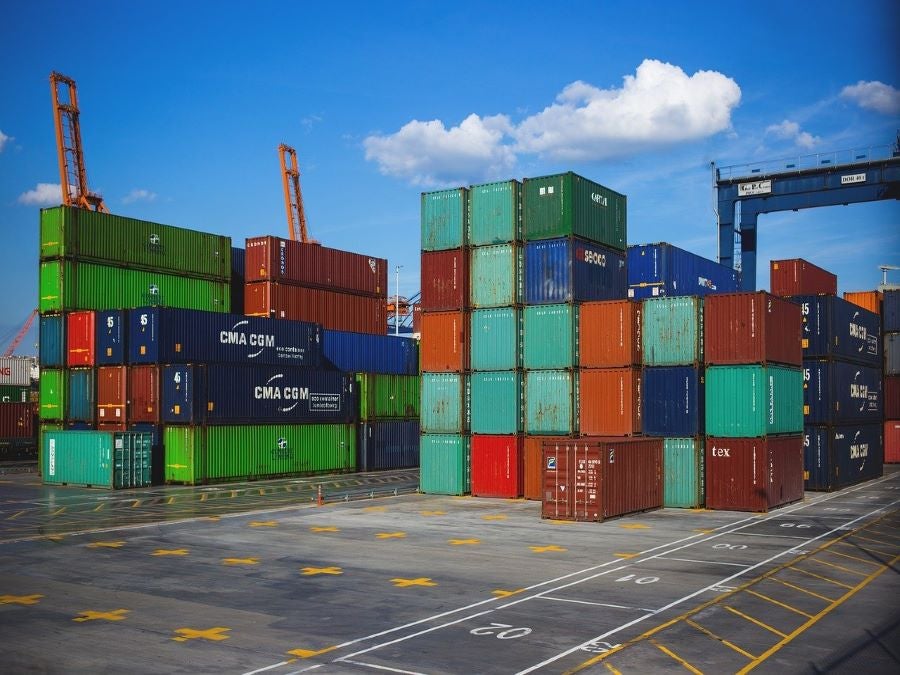
Maritime transport infrastructure and services are under pressure due to the need for alternative trade routes for Ukrainian goods. The tone of the global trading and shipping environment has been characterised by uncertainty as a result.
The United Nations Conference on Trade and Development (UNCTAD) acknowledges the disruption of regional logistics, halted port operations in Ukraine, the destruction of infrastructure, trade restrictions, increased insurance costs and higher fuel prices as causes of issues within the Black Sea region.
Jan Hoffmann, head of trade logistics branch at UNCTAD, says: “The war in Ukraine impressively shows again how globalised the shipping business is: Shifts in demand in one corner of the world lead to changes in prices and fleet deployment in many other corners of the world.
“What I find most interesting of our findings is that almost half of the increase in global food prices is due to the higher shipping costs. And these are higher a) because goods have to travel longer distances, i.e. we have more ton-miles, but also b) each ton-mile is now more expansive, because of a shortage of global shipping capacity.”
In 2020, grain prices and shipping costs were already increasing and the Ukraine conflict has accelerated this trend. According to UNCTAD, between February and May 2022 the price of dry bulk goods transportation had risen by around 60%.
Around 36 countries import over 50% of their wheat from the Russian Federation and Ukraine and global sea exports of grain are expected to decline by 3.8% this year while global shipments of fertiliser decline by 7%. Black Sea ports normally account for over 90% of Ukrainian overseas grain shipments, weekly port calls have dropped from 60 to almost zero in Ukraine due to the conflict.
How well do you really know your competitors?
Access the most comprehensive Company Profiles on the market, powered by GlobalData. Save hours of research. Gain competitive edge.

Thank you!
Your download email will arrive shortly
Not ready to buy yet? Download a free sample
We are confident about the unique quality of our Company Profiles. However, we want you to make the most beneficial decision for your business, so we offer a free sample that you can download by submitting the below form
By GlobalDataIt has been noted that grain storage capacity is focused on harvests from 2021. If the new harvest cannot be stored there will be damage which would cause more issues relating to the food shortage. Safe access to fields and production and transportation methods for Ukrainian farmers and producers is important.
As it stands, cargo for the Russian Federation and Ukraine is kept at other ports, including Hamburg, Germany; Rotterdam, Netherlands; Constanța, Romania, and Istanbul, Turkey.
“For the longer-term maritime trade growth, in my view, we need above all a predictable multilateral framework, so that investors can plan for future regulations, fuels, and carbon prices,” says Hoffman.
UNCTAD recommends reintegrating Ukraine’s food production, and the food and fertiliser produced by the Russian Federation into world markets, while opening Ukrainian ports to international shipping for Ukrainian grain. Lowering transaction costs will also be important along with collaboration among vessel flag states, port states and industry.
It has been suggested that a focus on the transit and movement of transport workers will also help the situation in addition to investment in transport services. UNCTAD also encourages supporting developing countries with financial and technical assistance in terms of transport and trade facilitation.
Hoffmann says: “Combined with the impact of COVID-19, congestion, inflation, and the energy transition, the war and associated higher risks unfortunately lead to additional uncertainty for carriers. And uncertainty is always the enemy of investment.
“While we would need more and newer energy efficient ships, in reality shipowners and financiers will now require a higher return on investment than before, i.e. rather delay investment. The medium to longer term implications are higher freight rates than we would have without the war.”







